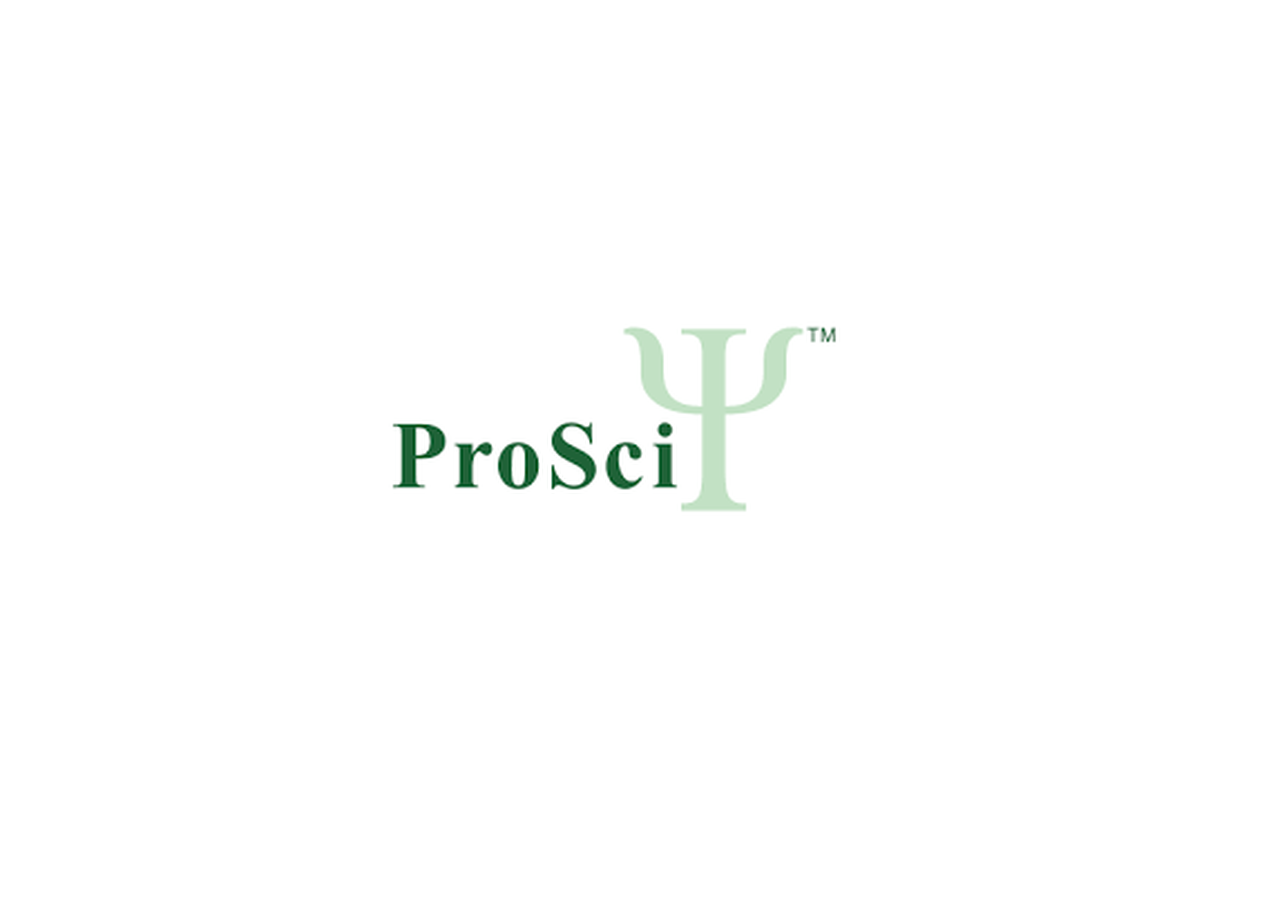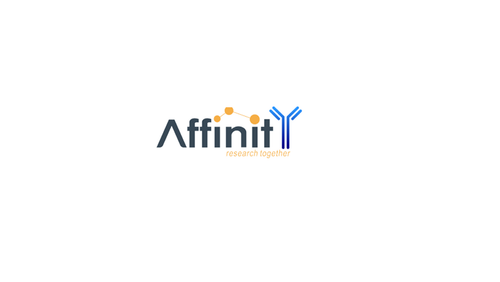Product Description
KCNQ1 Antibody | 28-307 | ProSci
Host: Rabbit
Reactivity: Human, Mouse, Rat, Dog
Homology: N/A
Immunogen: Antibody produced in rabbits immunized with a synthetic peptide corresponding a region of human KCNQ1.
Research Area: Membrane, Cancer, Signal Transduction
Tested Application: E, WB
Application: KCNQ1 antibody can be used for detection of KCNQ1 by ELISA at 1:62500. KCNQ1 antibody can be used for detection of KCNQ1 by western blot at 1.25 μg/mL, and HRP conjugated secondary antibody should be diluted 1:50, 000 - 100, 000.
Specificiy: N/A
Positive Control 1: Cat. No. 1205 - Jurkat Cell Lysate
Positive Control 2: N/A
Positive Control 3: N/A
Positive Control 4: N/A
Positive Control 5: N/A
Positive Control 6: N/A
Molecular Weight: 60 kDa
Validation: N/A
Isoform: N/A
Purification: Antibody is purified by protein A chromatography method.
Clonality: Polyclonal
Clone: N/A
Isotype: N/A
Conjugate: Unconjugated
Physical State: Liquid
Buffer: Purified antibody supplied in 1x PBS buffer with 0.09% (w/v) sodium azide and 2% sucrose.
Concentration: batch dependent
Storage Condition: For short periods of storage (days) store at 4˚C. For longer periods of storage, store KCNQ1 antibody at -20˚C. As with any antibody avoid repeat freeze-thaw cycles.
Alternate Name: KCNQ1, LQT, RWS, WRS, LQT1, SQT2, ATFB1, ATFB3, JLNS1, KCNA8, KCNA9, Kv1.9, Kv7.1, KVLQT1
User Note: Optimal dilutions for each application to be determined by the researcher.
BACKGROUND: KCNQ1 encodes a protein for a voltage-gated potassium channel required for the repolarization phase of the cardiac action potential. The gene product can form heteromultimers with two other potassium channel proteins, KCNE1 and KCNE3. Mutations in KCNQ1 are associated with hereditary long QT syndrome, Romano-Ward syndrome, Jervell and Lange-Nielsen syndrome and familial atrial fibrillation.
 Euro
Euro
 USD
USD
 British Pound
British Pound
 NULL
NULL












